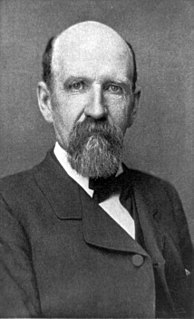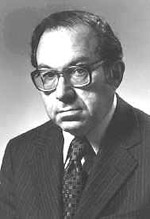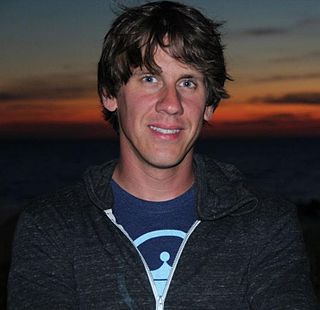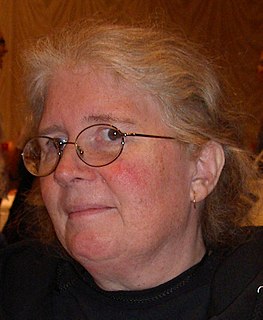A Quote by Iain Banks
It was a truism that all civilizations were basically neurotic until they made contact with everybody else and found their place within the ever-changing meta-civilisation of other beings, because, until then, during the stage when they honestly believed they might be entirely alone in existence, all solo societies were possessed of both an inflated sense of their own importance and a kind of existential terror at the sheer scale and apparent emptiness of the universe.
Quote Topics
Alone
Apparent
Basically
Because
Beings
Believed
Both
Changing
Civilisation
Civilizations
Contact
Else
Emptiness
Entirely
Ever
Ever-Changing
Everybody
Everybody Else
Existence
Existential
Found
Honestly
Importance
Kind
Made
Might
Neurotic
Other
Own
Place
Possessed
Scale
Sense
Sheer
Societies
Solo
Stage
Terror
Then
Truism
Universe
Until
Were
Within
Related Quotes
What is wanted in architecture, as in so many things, is a man. ... One suggestion might be made-no profession in England has done its duty until it has furnished a victim. ... Even our boasted navy never achieved a great victory until we shot an admiral. Suppose an architect were hanged? Terror has its inspiration, as well as competition.
All my life I had lived on the presumption that there was no existence beyond... flesh, the moment of being alive... then nothing. I had searched in superstition... But there was nothing. Then I heard the sound of my own life leaving me. It was so... tender. I regretted that I had paid it no attention. Then I believed in the wisdom of what other men had found before me... I saw that those simple things might be true... I never wanted to believe in them because it was better to fight my own battle. You can believe in something without compromising the burden of your own existence.
As the Nazi regime developed over the years, the whole structure of decision-making was changed. At first there were laws. Then there were decrees implementing laws. Then a law was made saying, ‘There shall be no laws.’ Then there were orders and directives that were written down, but still published in ministerial gazettes. Then there was government by announcement; orders appeared in newspapers. Then there were the quiet orders, the orders that were not published, that were within the bureaucracy, that were oral. And finally, there were no orders at all. Everybody knew what he had to do.
I didn't really start building my own stuff until I was 24, 25 or so, and even then, I ran into a lot of resistance from, like, older folks, like my bosses at other companies or people in the industry that were like, 'Oh that's an interesting idea, but it will never work.' And, I don't know, I kind of believed everything that they told me.
If we're thinking about old civilizations, those that formed a long time ago and there were stars and planets around long before Earth even existed, then these are going to be towards the center of the galaxy. That is the place to look if you think there are ancient civilizations that have made beacons or some other way of attracting our attention.
George Kennan is another extreme case. He was the American consul in Berlin until the war between Germany and the United States broke out in December 1941. And until then he was writing pretty supportive statements back stressing that we shouldn't be so hard on the Nazis if they were doing something we didn't agree with - basically repeating the idea that they were people we could do business with.
Besides, we weren't made to battle villains, because there weren't any. No nation, creed, or race was any better or worse than another; all were flawed, all were equally doomed to suffering, mostly because they couldn't see that they were all alike. Mortals might have been contemptible, true, but not evil entirely. They did enjoy killing one another and frequently came up with ingenious excuses for doing so on a grand scale-religions, economic theories, ethnic pride-but we couldn't condemn them for it, as it was in their mortal natures and they were too stupid to know any better.
Until I read Anne Frank's diary, I had found books a literal escape from what could be the harsh reality around me. After I read the diary, I had a fresh way of viewing the both literature and the world. From then on, I found I was impatient with books that were not honest or that were trivial and frivolous.






































